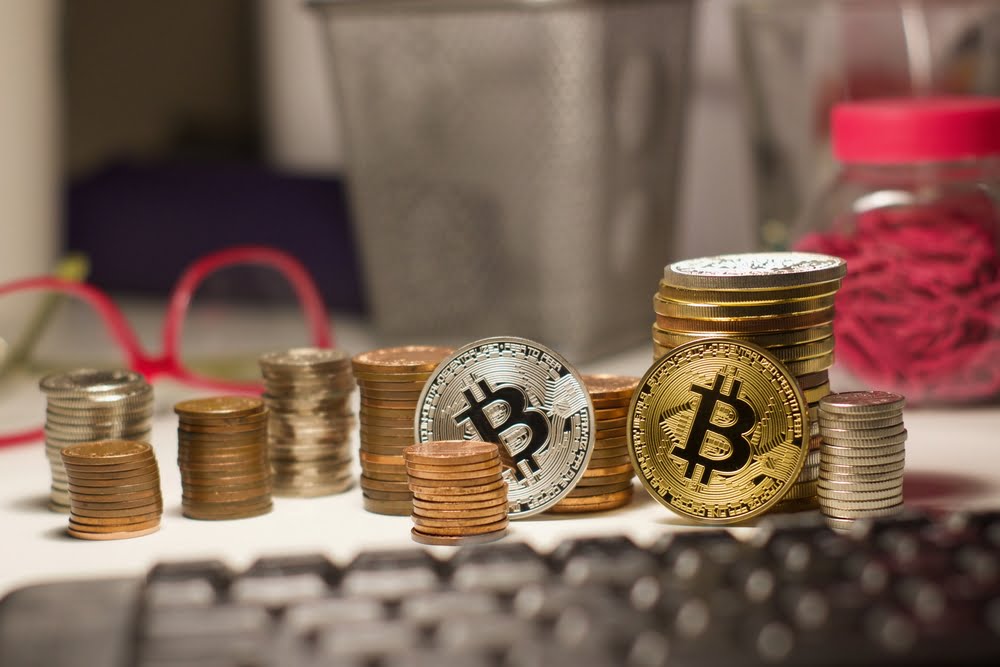Venture capital has traditionally been localised to markets, with investors looking at making early-stage investments confining themselves mainly to fairly local businesses. However, this is all beginning to change with the introduction of ICOs, or initial coin offerings. ICOs are changing the venture capital landscape and providing unique opportunities for investment far further afield than ever before, using blockchain technology to securely open new markets to investors everywhere.
Matthew Ledvina works with a venture capital firm that has a strong focus on regtech and fintech investment on a global scale. Blockchain is creating myriad new opportunities for venture capital investment, the effects of which are already beginning to be seen internationally.
Cryptocurrency-Focused Start-Ups
Blockchain first came into the public domain as the technology behind the world’s first cryptocurrency, Bitcoin. It provided the solution to the problem of digital trust when talking about online currencies, bringing a decentralised ledger system into play that is transparent, time-stamped and doesn’t allow for the removal of any information. While blockchain can be and has been used for may different types of operation since the advent of Bitcoin, it is still widely associated with cryptocurrencies.
Blockchain and cryptocurrency venture capital investments reached US$3.9 billion in just the first three quarters of 2018, according to the research group Diar. Compared to the whole of 2017, this was already an increase of more than 280%. The total number of deals almost doubled as well, according to data from Pitchbook, as did the average size of investment.
Crowdfunding Through ICOs
Initial coin offerings can be used for capital raising in much the same way as an initial public offering. The difference between an ICO and an IPO is that investors pay in cryptocurrency and, rather than receiving shares, are provided with coins or tokens. These tokens are given in new cryptocurrencies, which are also based on the same underlying blockchain technology. The idea is that as the new venture becomes more successful, the value of the new cryptocurrency rises, and therefore so does the value of the tokens that are owned by the investors. ICOs create unique crowdfunding opportunities whereby investors from almost anywhere in the world can get involved in funding start-ups provided they have access to cryptocurrencies.
Blockchain Regulations
At present, most blockchain and cryptocurrency markets are largely unregulated, which can create uncertainty for investors. Other potential concerns include the historically volatile nature of the cryptocurrencies that underpin the market, along with the sudden nature of the growth of ICOs. Questions are therefore being raised about the best ways to regulate without curbing innovation. Suggestions include clearer guidelines on the tax situation when exchanging cryptocurrency coins in and out of fiat currencies, along with better regulation and monitoring of crypto-exchanges.
If the boom in blockchain investment is to continue, venture capitalists need to be reassured that everything is above board, which involves creating a framework for ICOs that lets people see which are legitimate. As a relatively new field, it is also important to develop a working group of experts, including policy-makers, economists and blockchain innovators.
Blockchain has made some important steps in democratising venture capital, but the level of uncertainty means that there is still some way to go before blockchain VC investment enters the mainstream.
Matthew Ledvina has a professional interest in both venture capital and in merging technologies, which include blockchain and artificial intelligence. He is an expert on US taxation and has a background in the law and business administration.
Follow Matthew Ledvina on Vimeo and YouTube for blockchain and FinTech video updates.
Disclaimer: This is a sponsored article.

